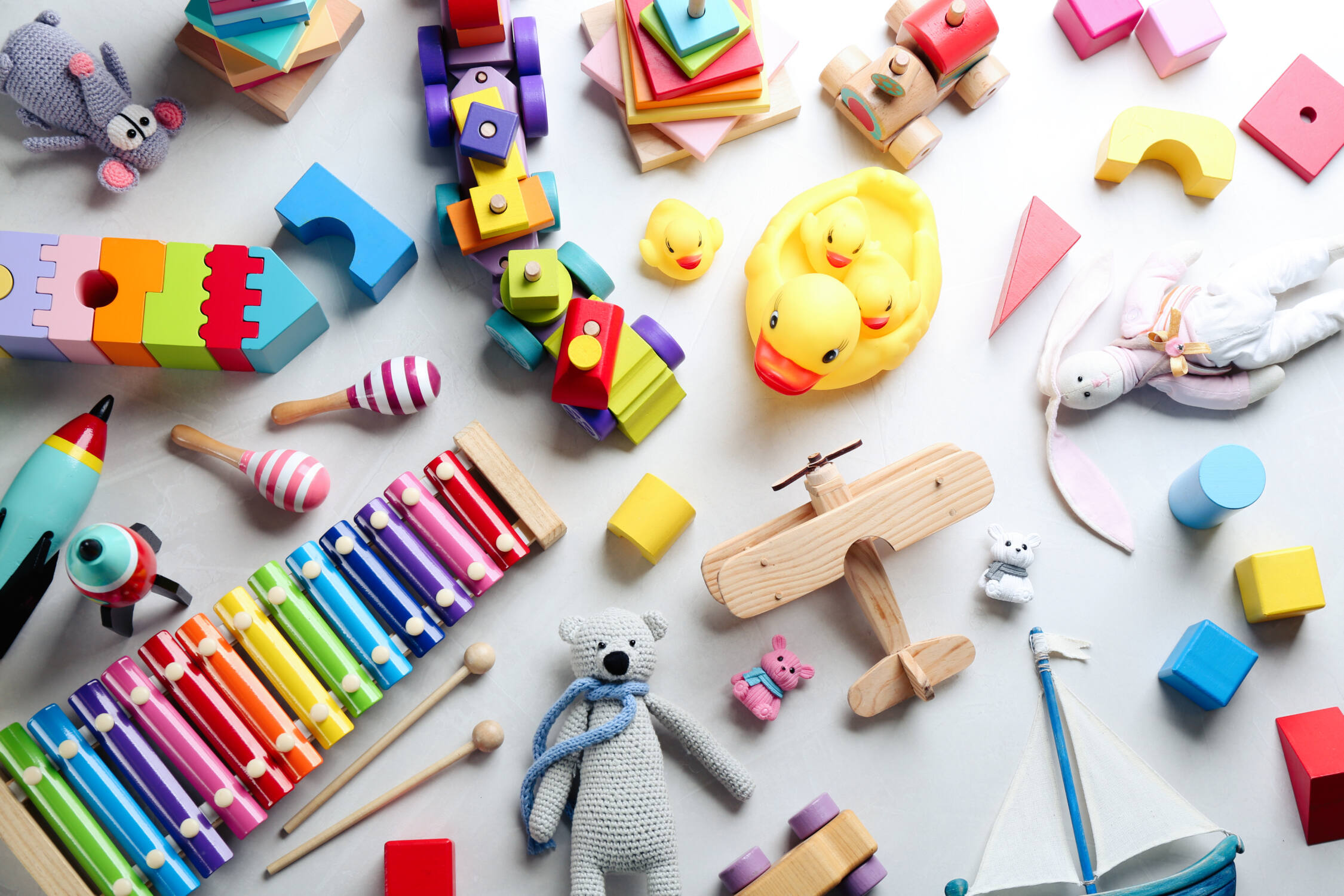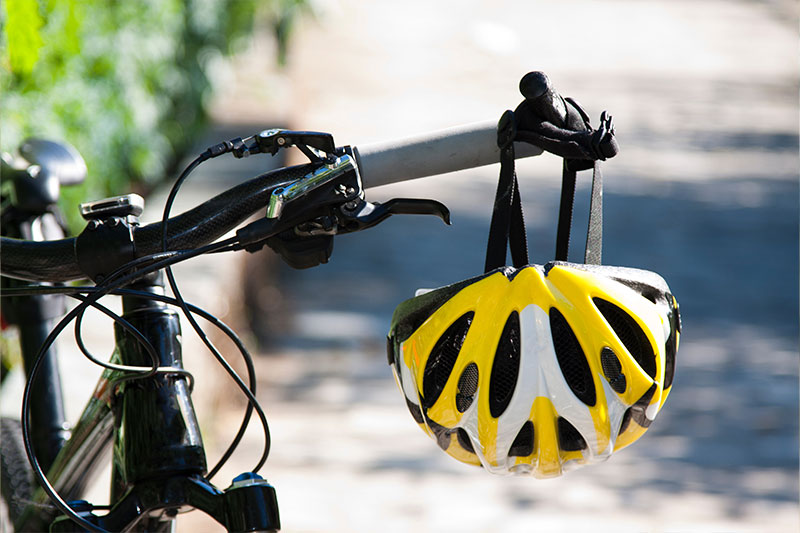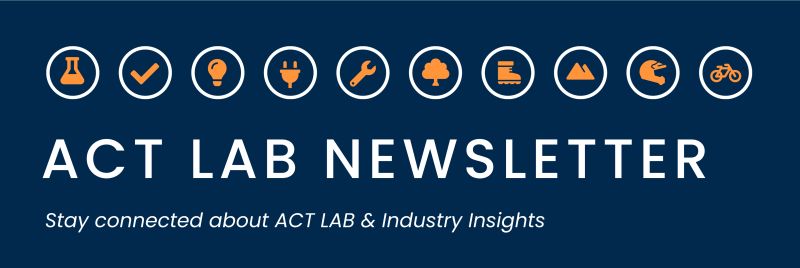Why is Toy Testing Important?
Ensuring the safety of children’s toys is important for manufactures and importers in the United States. The U.S. toy industry operates under critical safety standards, making toys among the safest products found in American homes.
ASTM F963 imposes some of the world’s most rigorous chemical and mechanical requirements. In the U.S., toy manufacturers must comply with strict safety guidelines established by laws such as the Consumer Product Safety ACT (CPSA). Understanding and complying to these comprehensive safety protocols is critical for delivering safe, high-quality toys to the market. Even minor modifications, like a new paint color, require re-certification to maintain safety standards.
What to Consider When Making a New Children’s Product
At every stage of toy production, the main concern for manufacturers and importers in the United States is safety. Compliance standards have been established in the U.S. toy industry, resulting in toys being among the safest items in American households.
These high levels of safety and quality have been achieved over time, with continual updates and improvements. The ASTM F963: Standard Consumer Safety Specification for Toy Safety, which all children’s toys must meet before being sold, has evolved over 30 years. This standard has been refined based on child development research, product design innovations, risk assessments, and manufacturing techniques.
ASTM F963 has strict chemical and mechanical requirements, among the toughest globally. Since ASTM F963 became mandatory in 2009, toy recalls have significantly decreased, from 172 in 2008 to fewer than 20 annually since 2018.
In the US, toy companies have to follow strict safety guidelines set by laws like the Consumer Product Safety Act (CPSA). These rules cover things like what chemicals are allowed in toys and how much. Toys must be certified as safe by third party independent labs approved by the CPSC. This means checking for dangerous chemicals and making sure the toy meets all safety regulations. If a toy is changed in any way, even something seemingly small like a new paint color, it needs to be re-certified to ensure safety.
Understanding the U.S. Certification Process
Before a toy designed for children aged 12 or younger can be sold in the U.S., it must be tested against ASTM F963 by a company either producing or importing the toy. Upon compliance confirmation by a CPSC-accepted laboratory, the company must produce a Children’s Product Certificate (CPC) for each batch, presented to retailers and, if requested, to the CPSC.
Staying Updated with Research
Researchers continuously uncover new information about child development, potential hazards from chemicals like phthalates, and toy-related injury and fatality. Continual research will guide your toy development and manufacturing decisions throughout all production stages and help you anticipate potential ASTM standard changes.
For instance, one of the crucial regulations under ASTM F963, enforced by the CPSC, prohibits “small parts” in toys for children under three to prevent choking hazards. A “small part” is any toy part that fits entirely in a specified cylinder, approximating a child’s fully extended throat dimensions.
Find the Right Testing Laboratory
U.S. parents expect children’s toys to be safe, relying on the toy industry’s dedication to child safety. They trust that age-appropriate labeling and other information are determined by experts based on Age Determination Guidelines.
As a manufacturer you should aim to meet these expectations by utilizing every resource to ensure product safety. Services like ACT LAB provide essential support throughout production, including:
- Updated information on all regulations and testing standards, including ASTM F963 updates
- Quality assurance assistance with product design evaluations and risk assessments
- Critical lab testing against national and international standards, including small parts verification, abuse testing, and hazardous chemical levels
- On-site product inspections to monitor factory performance, with prompt reporting
- Ensuring the safety of children’s toys requires a solid commitment. Partnering with a reputable testing service with a proven record of integrity will reinforce your company’s dedication to producing safe toys.
Conclusion
In conclusion, Ensuring the safety of children’s toys is a critical responsibility for manufactures and importers in the United States. Manufacturers must follow the safety gridlines, including obtaining certification from CPSC accepted labs like ACT Lab and staying updated with the latest research on child development and potential hazards. Producing safe toys requires an unwavering commitment to quality and standards. Complying to the standards will let you deliver safe and enjoyable product to the market for children.
About ACT Lab
ACT Lab is an ISO/IEC 17025 independent third-party accredited laboratory conducting consumer product safety and compliance testing. Specialties include mechanical and chemical testing of bicycles, bicycle components, e-bicycles and accessories, helmets and head protection, scooters, sporting goods, children’s products, toys, outdoor industry products and more. Founded in 2008 with operations in USA, China, Taiwan, Vietnam, and Czech Republic, ACT Lab allows customers to deliver safer, more reliable products more effectively and consistently to market. For more information, please visit act-lab.com.
About COTECNA
COTECNA is a leading provider of testing, inspection, and certification services. We offer solutions to facilitate trade and make supply chains safer and more efficient for our clients. Our trusted network of professionals and certified laboratories provide expertise across five key sectors: government & trade solutions, agriculture, food safety, minerals & metals, and consumer goods & retail. Founded in Switzerland in 1974, COTECNA started off as a family business and has now grown to become a world-class international player with over 5,000 employees in more than 100 offices across approximately 50 countries. For more information, please visit cotecna.com.
 ISO/IEC 17025 Accredited Independent Testing Laboratory
ISO/IEC 17025 Accredited Independent Testing Laboratory








